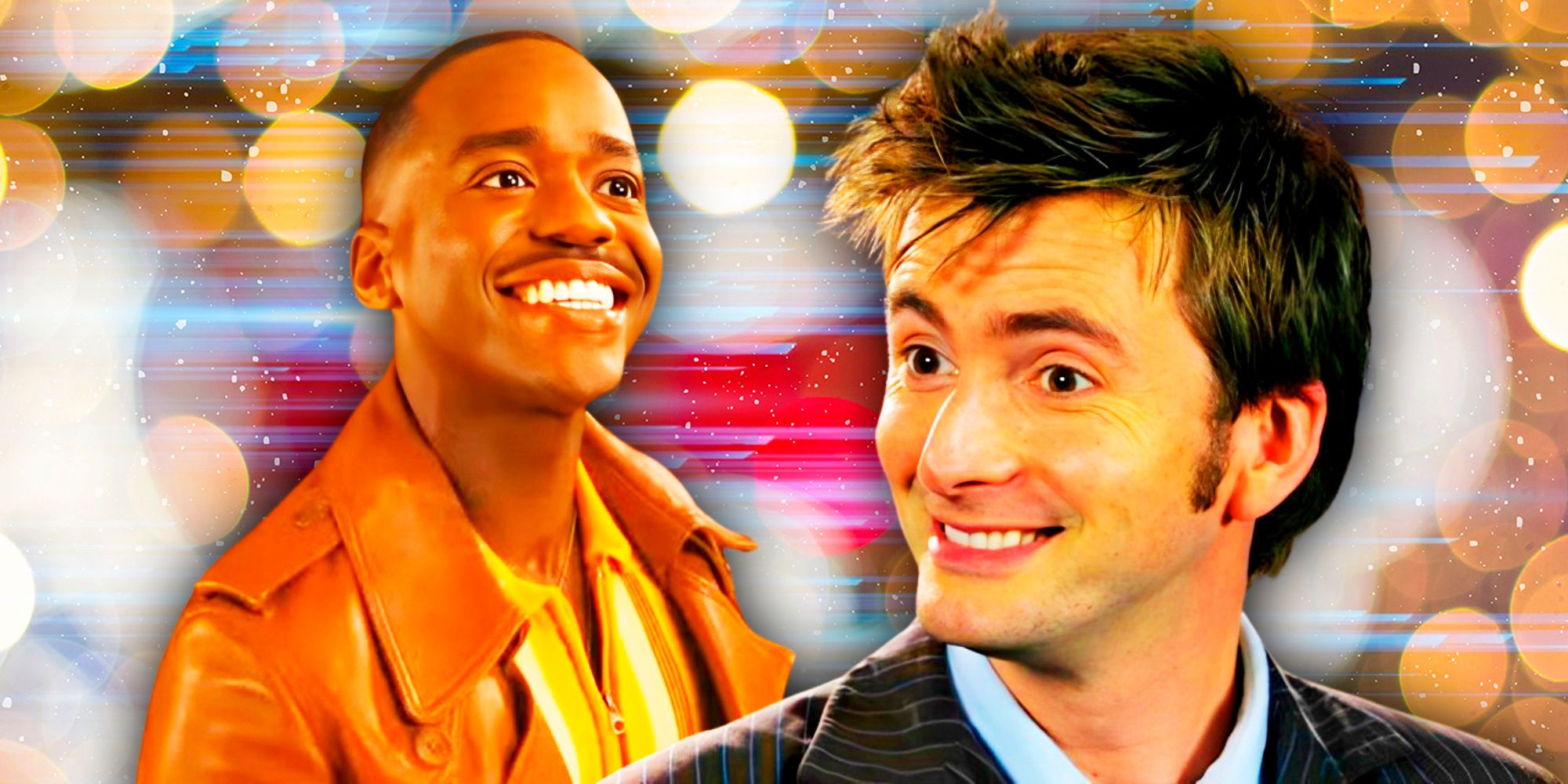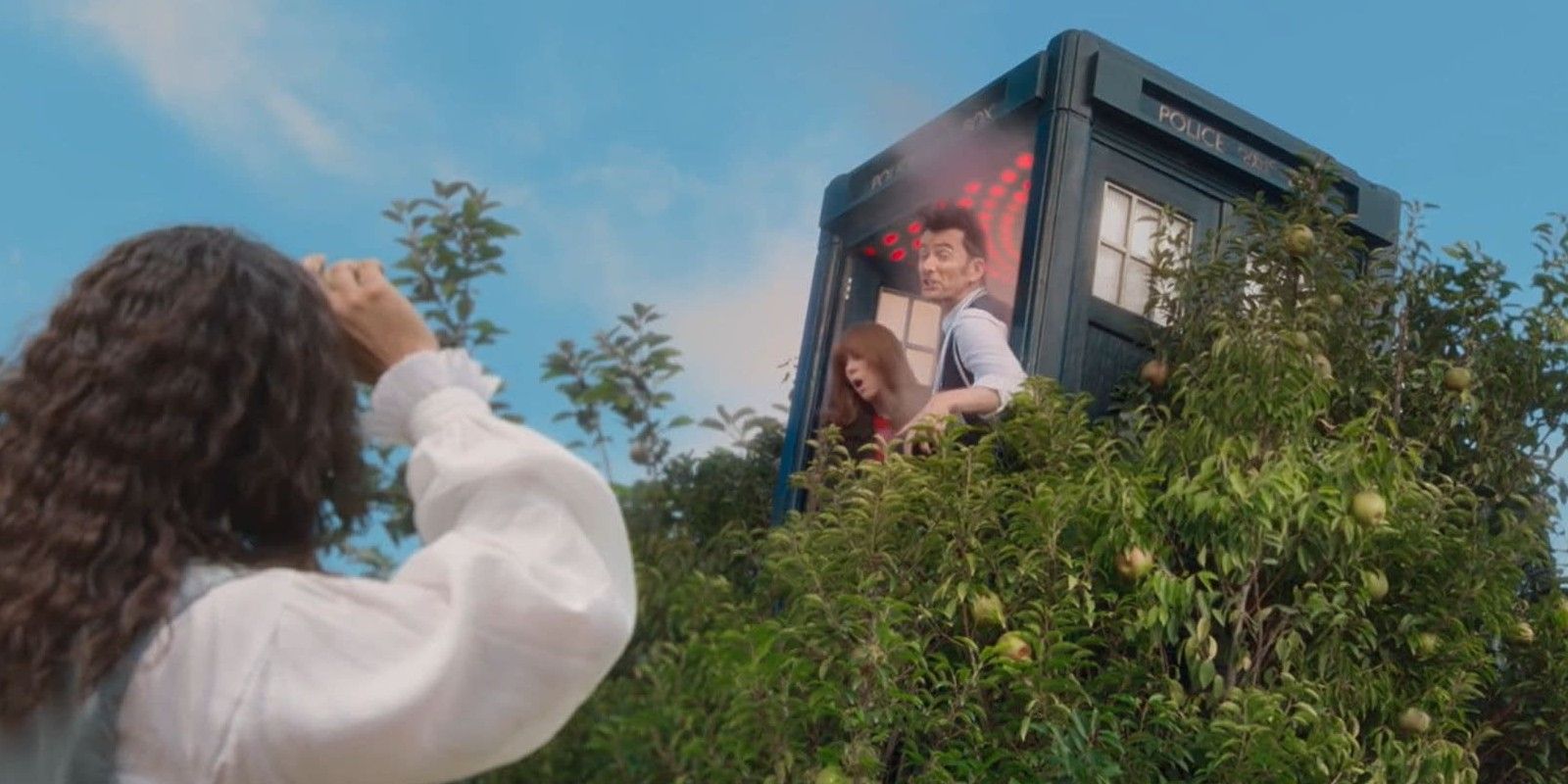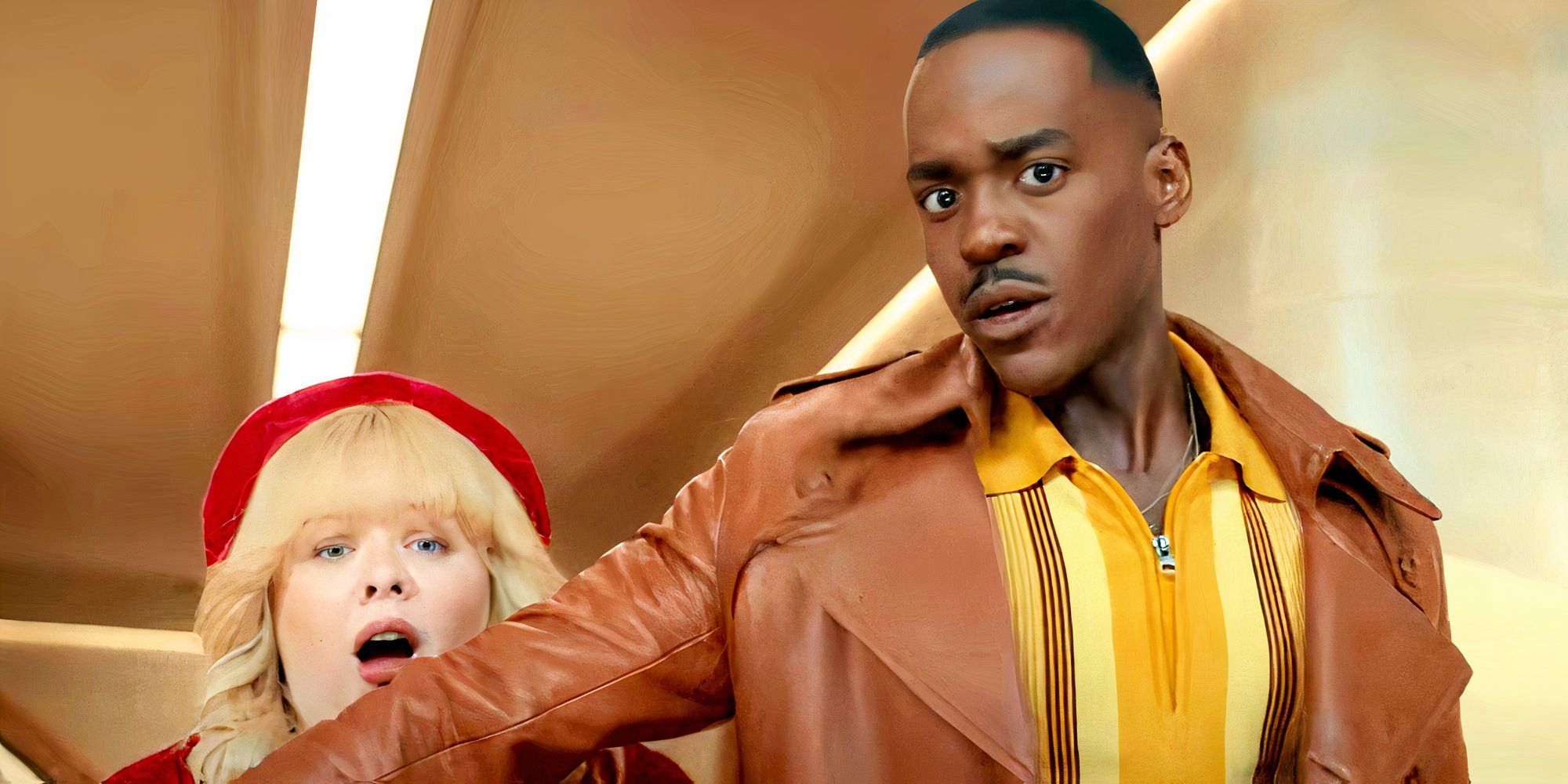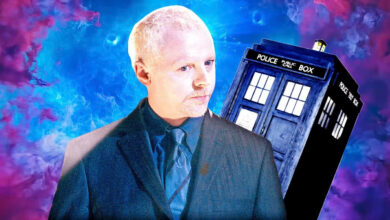
Over a year later, Doctor Who is still defying gravity, and the show might as well make it a permanent fixture far beyond just Doctor Who season 15. Doctor Who has always toyed playfully with the notion of altering history. The Tenth Doctor’s adventure with William Shakespeare found the Time Lord accidentally giving England’s most iconic playwright inspiration for stories he had not yet written, while David Tennant’s Doctor also invented the banana daiquiri several centuries early while in 18th century France. These kinds of references, however, have never been more than fleeting gags.
That all changed in Doctor Who‘s 60th anniversary specials when Tennant’s Fourteenth Doctor, following in the tradition of his doppelganger, altered the course of history by bumping into Isaac Newton. As an unforeseen consequence, the famous physicist decided to name his discovery “mavity” instead of “gravity” and, oddly, this running joke kept going right up to Doctor Who season 14’s ending. As far as anyone on Doctor Who‘s present-day Earth is concerned, the planet’s downward force has always been known as mavity, representing a rare instance of the Doctor permanently changing established history.
After “Mavity” In 2024’s Christmas Special, Doctor Who’s Running Joke Should Never End
Will Doctor Who’s Future Showrunners Understand The Mavity Of The Situation?
Doctor Who introduced mavity in “Wild Blue Yonder,” aired on December 2, 2023. Over a year later, 2024’s Doctor Who Christmas special, “Joy to the World,” is proudly keeping the joke alive. While talking with Joel Fry’s Trev in the Time Hotel, Ncuti Gatwa’s Fifteenth Doctor casually asks, “Can you access air density, humidity, temperature, rotational mavity, anything?” Both Trev and Nicola Coughlan’s Joy, a resident of London in 2024, show no reaction to the word, proving mavity is very much still an established thing in Doctor Who‘s universe.
What would really be funny is if Doctor Who season 45 in 2055, starring Ty Tennant as the 25th Doctor, is still using “mavity.”
The joke now isn’t so much mavity itself, but how long Doctor Who can keep this going. Russell T Davies will clearly retain his mavity change for as long as he remains in charge, but when Ncuti Gatwa regenerates and a new showrunner takes over from RTD, it will be fascinating to see whether Doctor Who can carry mavity forward into subsequent eras. The tradition could easily get lost in the rubble when a new creative mind comes in and inevitably imposes their own style.
At this point, it would be hugely disappointing if mavity simply faded away and “gravity” reared its head again with no explanation. What would really be funny is if Doctor Who season 45 in 2055, starring Ty Tennant as the 25th Doctor, still uses “mavity” instead of “gravity” as if it’s the most natural thing in the world.
Why “Mavity” Happened When Doctor Who Usually Avoids Permanent Timeline Changes
For Once, Doctor Who Offers A Clear Answer

The Doctor has spent more than 60 years fiddling in time and space, usually in far more egregious ways than Fourteen did with Isaac Newton in “Wild Blue Yonder.” This raises questions over how the Doctor can repeatedly visit the past and cause untold trouble without disrupting the natural flow of time, but one little collision with a famous scientist created a permanent timeline deviation that Doctor Who is now fully committed to. If mavity can happen, there should surely be hundreds of other small changes the Doctor’s various regenerations have been responsible for.
Despite being an anomaly in Doctor Who canon, the show gets away with mavity.
This apparent plot hole was tacitly addressed by Doctor Who season 14’s first episode, “Space Babies.” During a quick trip to the age of dinosaurs, Ruby Sunday stepped on a butterfly and immediately transformed into a human-insect hybrid before the Doctor’s eyes – another big change to human history. In response, the Doctor reactivated the TARDIS’ “butterfly compensation switch.” The implication here is that the TARDIS has a way of preventing the butterfly effect – small changes made to the past by the Doctor and their companions. Without the switch activated, things like mavity and Ruby becoming a lizard are possible.
The explanation makes sense, as the TARDIS regenerated itself immediately prior to the Isaac Newton scene in “Wild Blue Yonder.” It feels perfectly plausible that the Fourteenth Doctor hadn’t yet reset the butterfly compensation switch before setting off in his renovated ship with Donna Noble. Additionally, Fourteen and Donna flew off again before they heard Isaac Newton christen his discovery “mavity,” meaning the Doctor had no way of knowing the butterfly compensation switch was inactive until he saw Ruby transform in “Space Babies.”
The Doctor’s next two adventures, “The Giggle” and “The Church on Ruby Road,” were then both set on present-day Earth, so any timeline alterations made during those episodes would have gone unnoticed by viewers because, from the audience’s perspective, only the future would have been affected. Despite being an anomaly in Doctor Who canon, therefore, the show gets away with mavity as a one-off change to Earth’s in-universe history.











